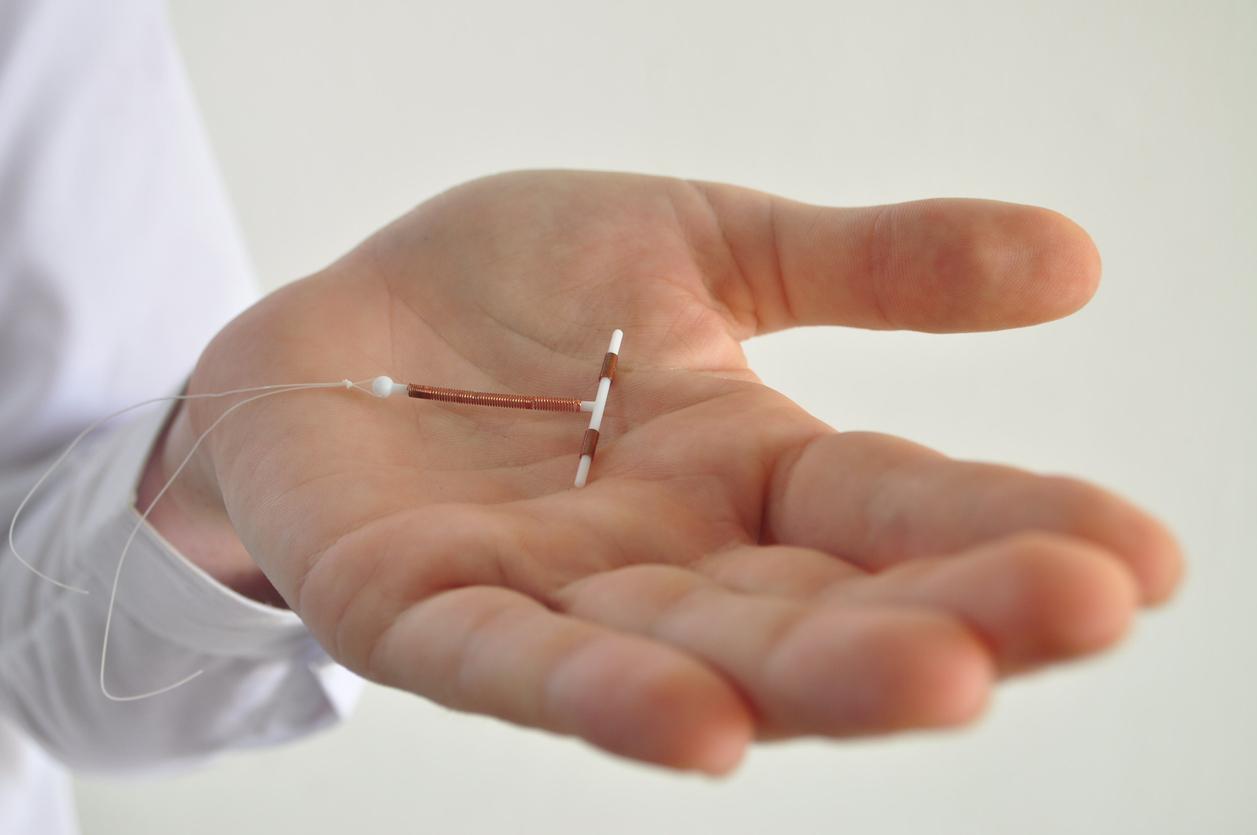Used to increase muscle strength and mass, anabolic steroids are said to prematurely age the brain, especially when taken over a long period of time.

- A study conducted among weightlifters shows that those taking anabolic androgenic steroids (AAS) show more advanced brain aging than those not consuming them.
- This cerebral aging is all the more accelerated as the consumption of AAS is important.
Bad for the heart, anabolic androgenic steroids (AAS) are also bad for the brain. This is highlighted by a new study published in the online journal Biological Psychiatry: Cognitive Neuroscience and Neuroimaging.
Anabolic androgenic steroids are a synthetic version of testosterone, the male sex hormone. Although issued only on prescription, especially in the context of hormonal imbalances, these steroids are mainly taken by young people to improve their physical performance and develop their muscles. And this, despite proven side effects: in addition to acne problems and increased aggressiveness, taking AAS increases the cardiovascular risk and harms male fertility. This new work highlights another harmful effect: it prematurely ages the brain.
Accelerated brain aging
According to the authors of this study, steroid hormones easily enter the brain by binding to brain receptors. Their prolonged use would have an impact on cognitive function.
To reach this conclusion, the researchers took magnetic resonance imaging (MRI) brain scans of 130 male weightlifters with a history of prolonged AAS use and 99 weightlifters who had never used AAS.
They then used data compiled from nearly 2,000 healthy men between the ages of 18 and 92 to determine the brain age of each of the participants. They also determined the brain age gap, which is the difference between each participant’s chronological age and their predicted brain age. Advanced brain age is associated with impaired cognitive performance and an increased risk of neurodegenerative diseases.
They then found that users of anabolic androgenic steroids had a more advanced brain age than other weightlifters. In addition, those who were addicted to amphetamine-type stimulants or who used them for a long time showed accelerated brain aging.
Improving prevention among young men
For Astrid Bjørnebekk, a researcher at the Mental Health and Addiction Division of Oslo University Hospital (Norway), these results clearly show that ASA consumption is “associated with deviant brain aging, with potential impact on quality of life in old age”. “The findings could be directly useful to healthcare professionals, and could have preventive implications, where effects on the brain are also included in risk assessment for young men considering whether they should use anabolic steroids. “she concludes.















